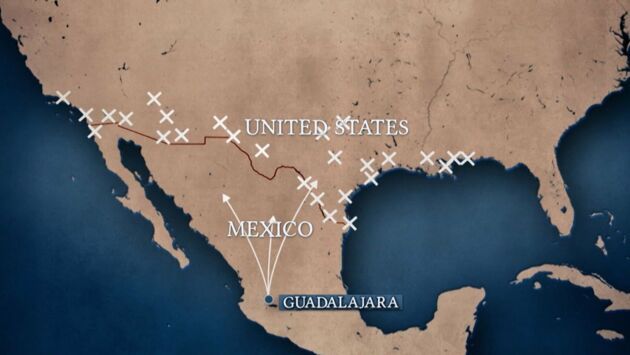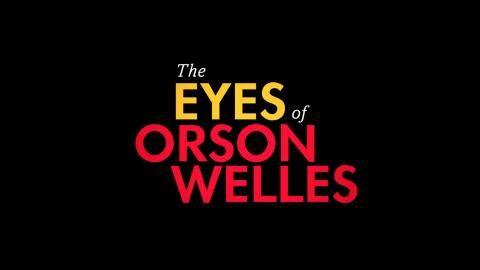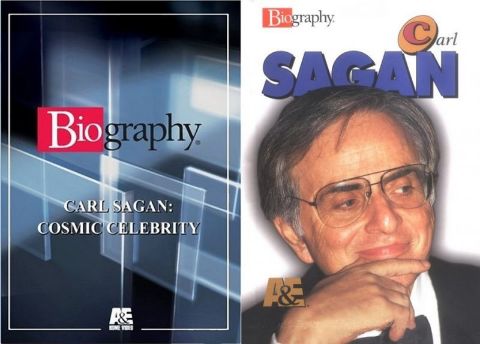The Era of Empires • 2020 • episode "S1E1" • The Story of Drug Trafficking
Drug trafficking was not invented by a mafia but by the European colonial powers in the 19th century. Opium use spread throughout Asia, promoted by colonial powers. Meanwhile, the western pharmaceutical industry was developing some miraculous products, such as morphine, cocaine, and heroin. Addiction became a global scourge, and prohibition gradually became the norm. But outlawing these substances at the beginning of the 20th century gave rise to the first drug-trafficking networks, which often sought to operate under state protection, in Mexico, France and China… These networks underwent unprecedented growth during the Cold War, when secret services used the drug trade as a geopolitical instrument. The United States paid the price for this: In 1970, one third of their troops in Vietnam were addicted to heroin. A year later, in an historic speech, President Richard Nixon launched the war on drugs.
Make a donation
Buy a brother a hot coffee? Or a cold beer?
Hope you're finding these documentaries fascinating and eye-opening. It's just me, working hard behind the scenes to bring you this enriching content.
Running and maintaining a website like this takes time and resources. That's why I'm reaching out to you. If you appreciate what I do and would like to support my efforts, would you consider "buying me a coffee"?
Donation addresses
BTC: bc1q8ldskxh4x9qnddhcrgcun8rtvddeldm2a07r2v
ETH: 0x5CCAAA1afc5c5D814129d99277dDb5A979672116
With your donation through , you can show your appreciation and help me keep this project going. Every contribution, no matter how small, makes a significant impact. It goes directly towards covering server costs.








